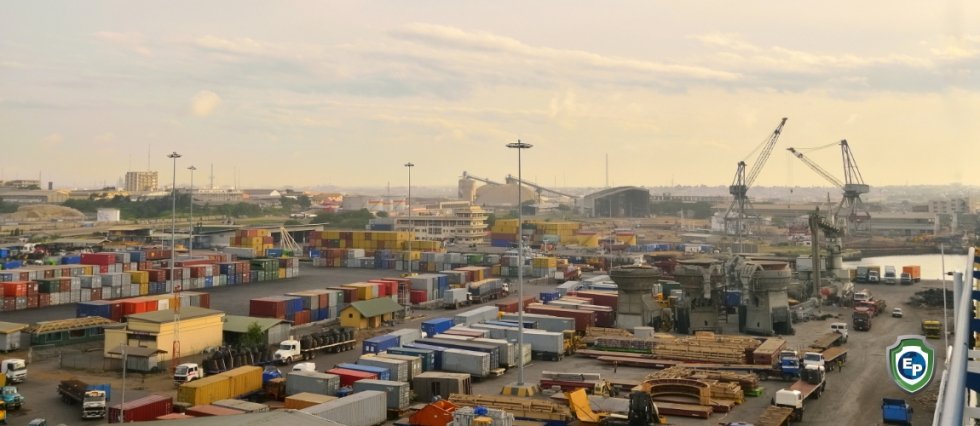The Impacts of the Measures of the Ghanaian Government on Businesses During COVID-19
The Ghanaian Government has taken many measures to adapt to the effects of the pandemic. Check out some differing opinions on these measurements and whether they're impactful enough.

While the COVID-19 pandemic is far from over, many aspects of the Ghanaian society has gradually adapted the changes the pandemic forced on everyone. The Ghanaian government has come under severe criticism, especially from the main opposition party.
The majority of these criticisms targeted the measures and initiatives the Ghanaian government took to bring the pandemic under control and prevent its spread. For some, the government is a step behind and needs to do more, whiles some believe the measures were too forceful.
The truth remains that the Ghanaian government measures have had a tremendous impact on businesses, both small and big. Below are some of these measures taken during COVID-19 and its implications.
Measures of the Central Government
On an economic level, the Central Bank of Ghana took measures to lessen the pandemic’s adverse effects in the country in March. Some of these measures included turning down reservation buffers for banks, cutting reserve requirements and interest rates.
Measures Taken on The Working Class
At the national level, all major corporations, both public and private, have been asked to adopt a remote working strategy. Hence, whenever possible, workers were expected to remain at home and work through the internet.
Also, all the national borders and harbors are closed until further notice. These measures have had direct and indirect impacts on businesses all over the country. However, small and medium-sized companies have been affected most by the actions of the Ghanaian government.

Impacts on Businesses
Supply chain disruption across the seaports, land borders, and airports is one of the measures’ impacts. Hence, businesses that rely on raw material supply from outside sources and those exporting to international customers have virtue had to come to a stop.
The restriction on movement due to region-specific lockdown and personal choices has drastically reduced the demand for several goods and services. In the meantime, businesses and people that depend on external supply chains can only hope the pandemic comes to an end sooner than later.
Also, economies of border districts, micro-finance businesses, person-to-person businesses such as bars, restaurants, salons, and several others feel the impacts of the movement restrictions.
On the other hand, some businesses, such as the private teaching sector, have suffered job losses as schools are forced to go online. Despite the negative impact on the country’s foreign exchange and several other internal businesses, the Ghanaian government's measure hasn’t all been negative.
Positive Impacts
Some businesses have adapted to these measures and exploited new opportunities to address the health and societal challenges possessed by COVID-19. Some examples are goods delivery, hand sanitizer, masks, or gloves supply. On the other hand, businesses that previously had external competition enjoy some relief, which has strengthened them and increased profitability.
Learn More with Export Portal
At Export Portal, we know how necessary it is for you to stay informed. This is especially true during these unprecedented times. We are dedicated to keeping our users up-to-date on the latest information in the international trade – subscribe to our newsletter today to stay in the loop!






Comments 0